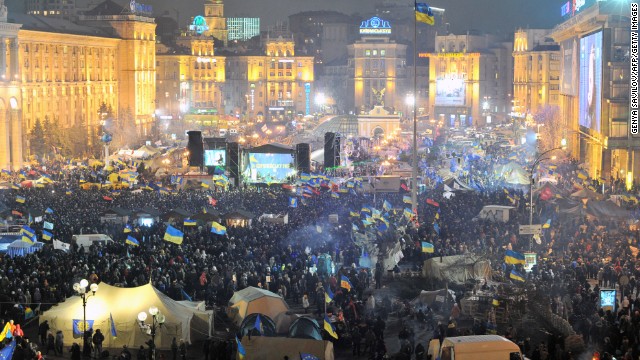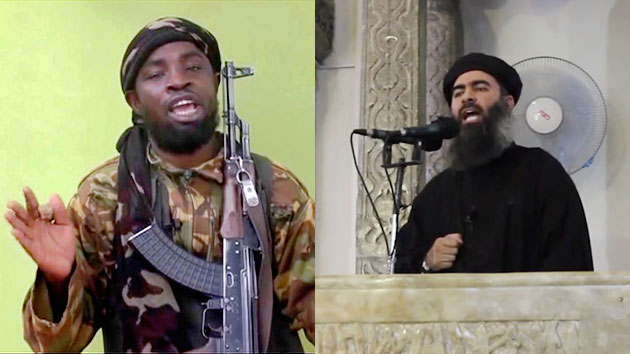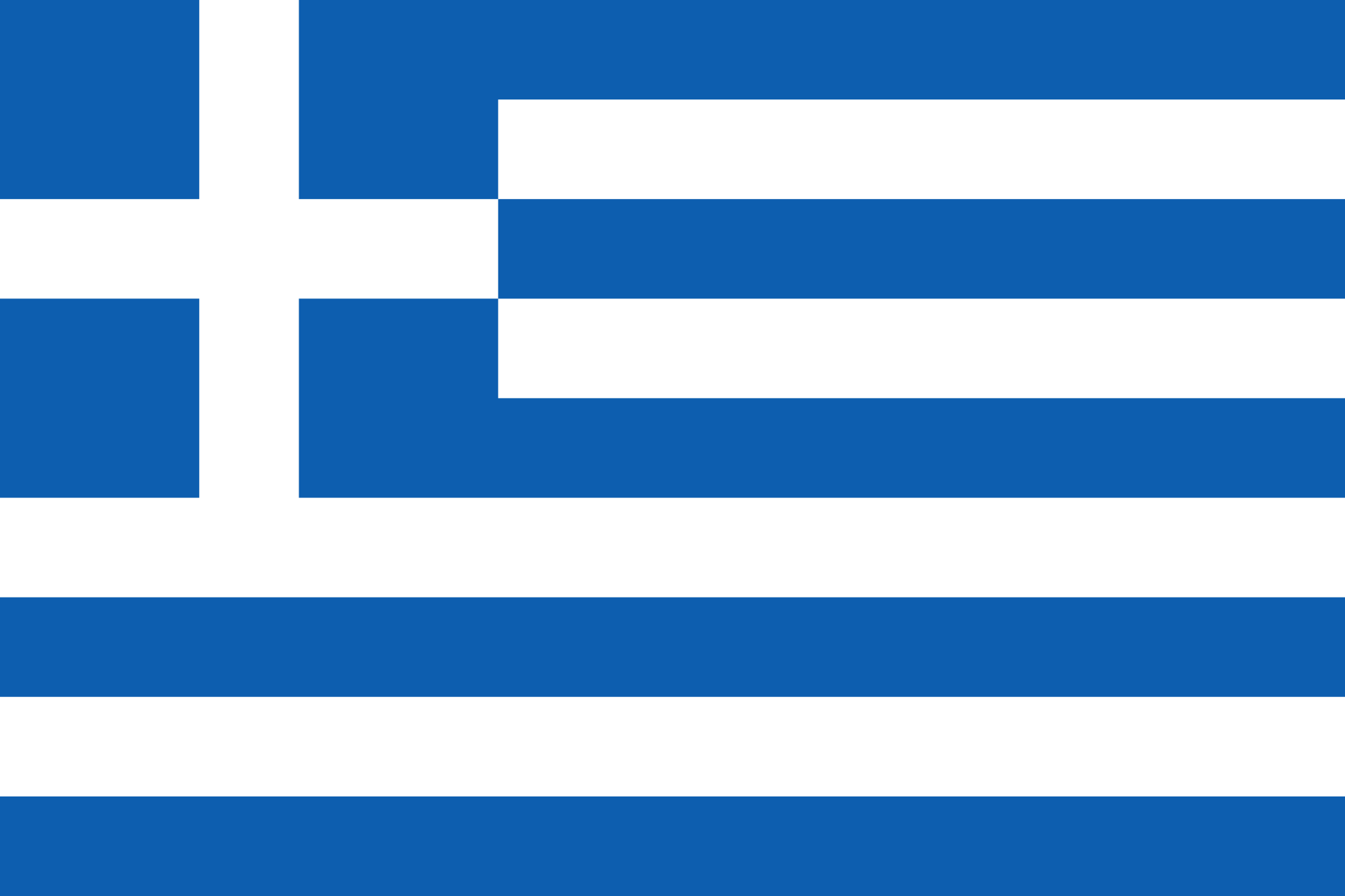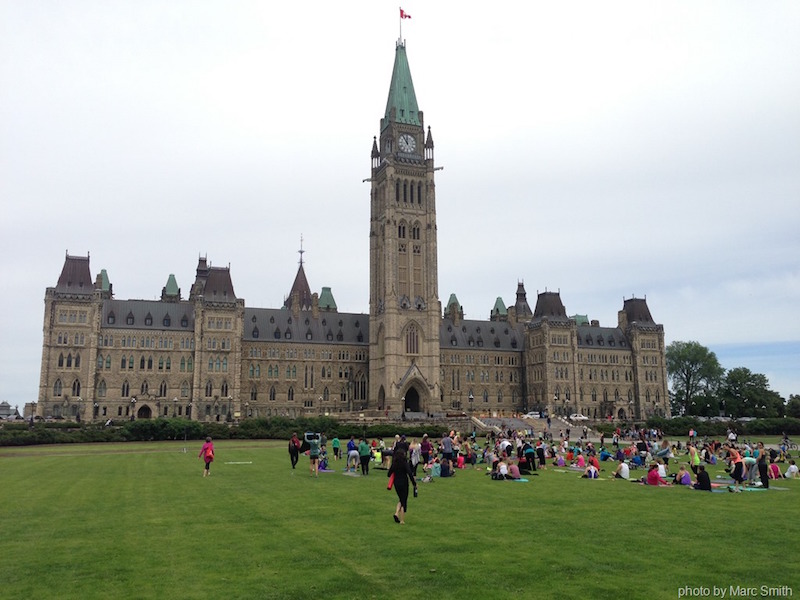May 3 – Provocations in Odessa, which caused numerous casualties, came as a result of the operation, implemented and coordinated by Russia, said Dmytro Tymchuk, Director of the Center for Military and Political Research. “Since mid-April, our sources in the Republic of Moldova registered the arrival of groups of athletic looking young men in Chisinau. These men later travelled further into Transnistria and were accompanied by officers of the Federal Security Service (FSS) of the Russian Federation”, writes Tymchuk. Approximately 1700 Russian servicemen and 2200 representatives of various Russian organizations (coordinated by FSS) were located in Transnistria at the end of April. Out of the total number of Russian servicemen, approximately 800 people are officers of the Main Intelligence Directorate of Russian Armed Forces. Some of these terrorists were transferred to Odessa. Approximately 50 people died during a provocation organized by these officers in Odessa on May 2. There are some foreigners among the dead. The provocation was funded by former members of the Yanukovych’s government – Klymenko and Arbuzov – who are hiding in Russia.
May 3 – Anti-terrorist operation (ATO) is in its active phase in Kramatorsk. According to data received by the Ministry of Internal Affairs as a result of radio interceptions, a group of terrorists was given a command to change into black clothing and shoot to kill civilian population, imitating the actions of the Ukrainian militia, stated Interior Minister Arsen Avakov.
May 3 – Russia has prohibited Mustafa Dzhemilev from entering Crimea. “By prohibiting the leader of Crimean Tatars and well-known human rights activist Mustafa Dzhemilev from entering his homeland, Russian authorities have created yet another challenge for this long-suffering nation”, stated the Ministry of Foreign Affairs of Ukraine.
May 3 – Terrorists have freed OSCE officers at the “request” of Putin’s special envoy Vladimir Lukin. Security Service of Ukraine (SSU) has intercepted Lukin’s conversation with the leader of the terrorists who abducted the inspectors, indicating that Moscow controlled both the abduction and the “release”.




